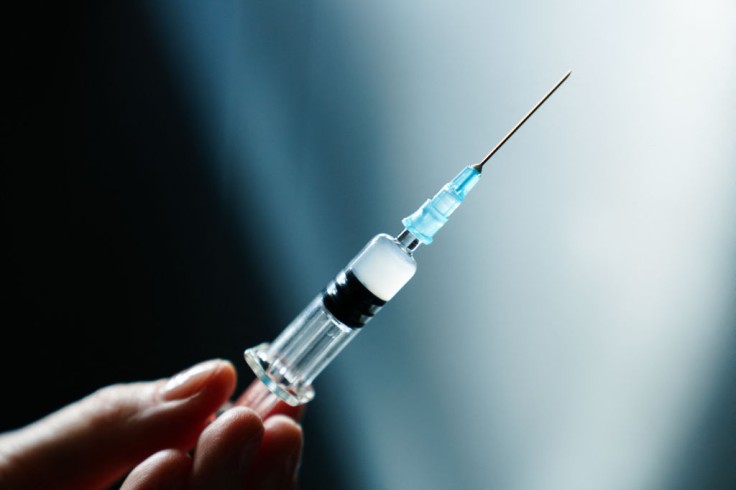
The U.S. government is giving $176 million to Moderna for the growth of an mRNA vaccine targeting bird flu amid the current epidemic influencing dairy cows nationwide.
US Allocates $176 Million to Moderna for Bird Flu mRNA Vaccine
This vaccine is still in the early growth stage and is anticipated to be available no sooner than next year, declared Dawn O'Connell, assistant secretary for preparedness and response at the Department of Health and Human Services, during a Tuesday press call.
O'Connell signified that while the timetable might be modified, the proposal is to start phase three trials in 2025. The vaccine will mark the H5N1 strain, but the mRNA technology offers swift improvement if a new flu strain appears.
Since the epidemic started in March, three dairy workers have tested positive for the virus, all of whom encountered mild cases and have recuperated.
There is no recent proof that this bird flu strain escalates easily from person to person. However, there is regard that extended distribution among mammals could outcome in mutation into a more contagious form.
Dr. Nirav Shah, principal deputy director at the Centers for Disease Control and Prevention, declared during the call that the danger to the general population stays low and the CDC's evaluation has not changed.
So far, 137 herds in twelve states - Colorado, Idaho, Iowa, Kansas, Michigan, Minnesota, New Mexico, North Carolina, Ohio, South Dakota, Texas, and Wyoming - have been affected. Colorado, Idaho, Michigan, and Texas have been utmost hit, each with over 20 cases.
Read Also : Michigan Farmworker Becomes Second Person in US to Contract Bird Flu Linked to Dairy Cows
Moderna's Vaccine Separate from Stockpiled Doses, Pending FDA Approval
Moderna's vaccine will differ from the 4.8 million doses of traditional bird flu vaccines already stockpiled by the government, which are anticipated to be available from mid-July onwards. The Food and Drug Administration must authorize either vaccine before public use.
Shah noted it is too early to recommend the vaccine to any specific group, including dairy workers. Since March, more than 780 individuals who had contact with infected cows have been under observation, with 53 undergoing testing for H5N1.
Caitlin Rivers, an epidemiologist at the Johns Hopkins Center for Health Security, emphasized the importance of developing multiple types of bird flu vaccines but criticized the government's response as not being "fast enough or aggressive enough."
Rivers expressed concern that while the virus currently does not pose an immediate pandemic threat to humans, its presence in agricultural animals is unprecedented and should motivate us to take more proactive measures.
Rivers urged health officials to be transparent about the criteria for rolling out bird flu vaccines to the public.
Additionally, health officials reassured that the commercial milk supply is safe. A recent study by the FDA and Department of Agriculture confirmed that heating milk to 161°F for 15 seconds effectively deactivated added H5N1 virus particles in milk samples.
Don Prater, acting director of the FDA's Center for Food Safety and Applied Nutrition, reported that in each of the nine repeated experiments, the virus was fully deactivated.